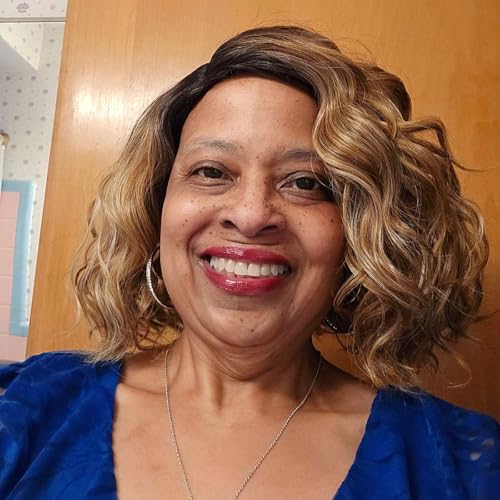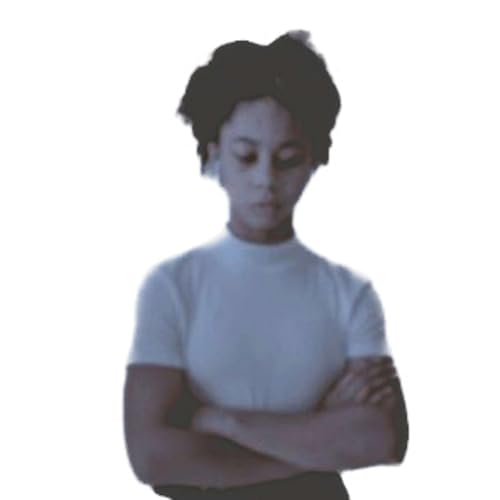Send us a text
Osborne is more than a bike rider — he’s a survivor, a motivator, and a man who carries history with every mile he pedals. After facing down cancer, Osborne turned to cycling not only as a way to rebuild his strength, but also as a way to inspire others to reclaim their health and discover freedom on two wheels.
He has spent years encouraging friends, family, and community members to ride, showing that the road can heal as much as it challenges. But this ride — from Tulsa’s Black Wall Street to New York’s Wall Street — was different. This wasn’t just about endurance or distance. It was a journey that connected survival with legacy, resilience with history, and personal recovery with the collective story of Black America.
In the 1920s, there was more land held by black people than all of the states combined, according to Celestain, who stated that Oklahoma is the owner of the Black town story.
According to the Oklahoma Historical Society, there is no other place in the world where such a large number of African-American men and women came together to establish, occupy, and be in charge of their own town
Osborne rides not just for himself, but for everyone who’s ever been told they couldn’t make it. His story is one of strength, faith, and the power of movement.
Bill: That’s powerful. Can you talk about the experience of the ride itself?
Osborne: I was covered on the bike. Everybody else had a beautiful glance climbing that mountain.
The crew was at the top cheering. For them, it was the best moment. For me, it was the worst — physically I was drained. But it was also my best moment because I saw my teammates do so well. Everyone came together, everyone owned that climb.
It wasn’t my best day on the bike, but it was right up there. I’ll never forget it.
Bill: And your riders, this was a multicultural group?
Osborne: Yes. We had Richard Kaiser out of Detroit, he’s Jewish. Beth Livingston out of Detroit, also Jewish. Pam from California, she’s Black. In total, probably six Jewish riders and six Black riders.
As we rolled out of Tulsa, people joined and left the group each day. Beth rode for three weeks, went home, then came back to finish. We met amazing people, made amazing friends.
The oldest rider was Richard at 70. I was 67 — the two strongest riders. The youngest was Junior, a 28-year-old mechanic. The six who made it all the way to New York were Richard (72), me (67), Linda (57), and Marcus (60). So yes, age is just a number.
Bill: That’s inspiring. Tell us about the people you rode with.
Osborne: Richard is a cancer surgeon. He built an earthquake-proof home in Nepal at the base of Mount Everest. He’s also the executive advisor for the Black Leaders of Detroit. Beth Livingston runs the Make-A-Wish ride in Michigan — they raised $4 million this year.
We were in the company of some real heavy hitters, people doing amazing things. And we all rode together, ate together, and became family.
Bill: Survivor to survivor — what role does cycling play in your recovery, physically, mentally, and spiritually?
Osborne: I’ve been cycling since 2006. But my biggest recovery wasn’t from the bike — it was from building a new life.
Cancer is God’s way of saying: make changes. I didn’t just change my diet, I changed my lifestyle. The way I live, the way I think, the way I appreciate life. I slowed down. I realized I couldn’t keep poisoning myself. I had to take care of the children God gave me.
So yes, c
Support the show
Lifeline Crisis Chat (Online live messaging):https://988lifeline.org/chat
 59 min
59 min 1 h et 3 min
1 h et 3 min Nov 17 20251 h et 2 min
Nov 17 20251 h et 2 min Nov 10 202528 min
Nov 10 202528 min Nov 1 202536 min
Nov 1 202536 min Oct 7 20253 min
Oct 7 20253 min Oct 3 202535 min
Oct 3 202535 min 47 min
47 min
